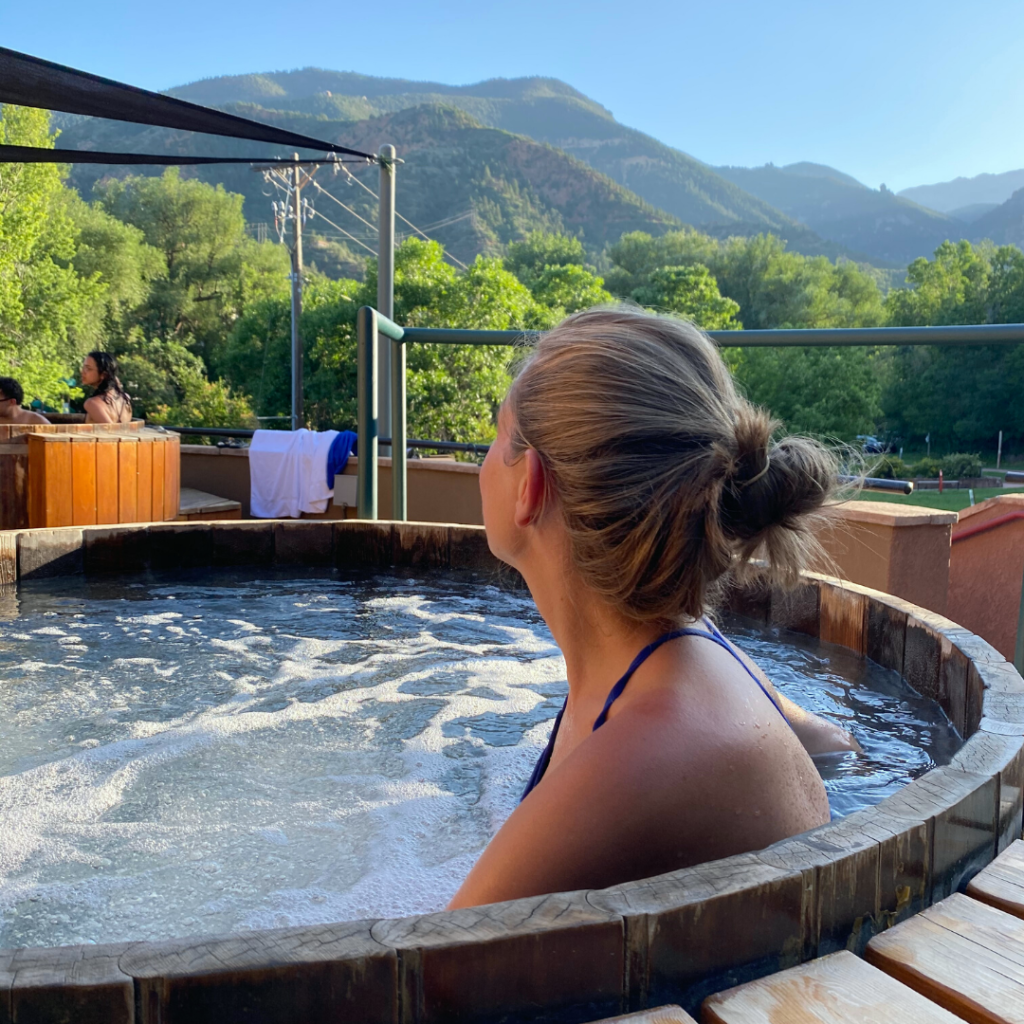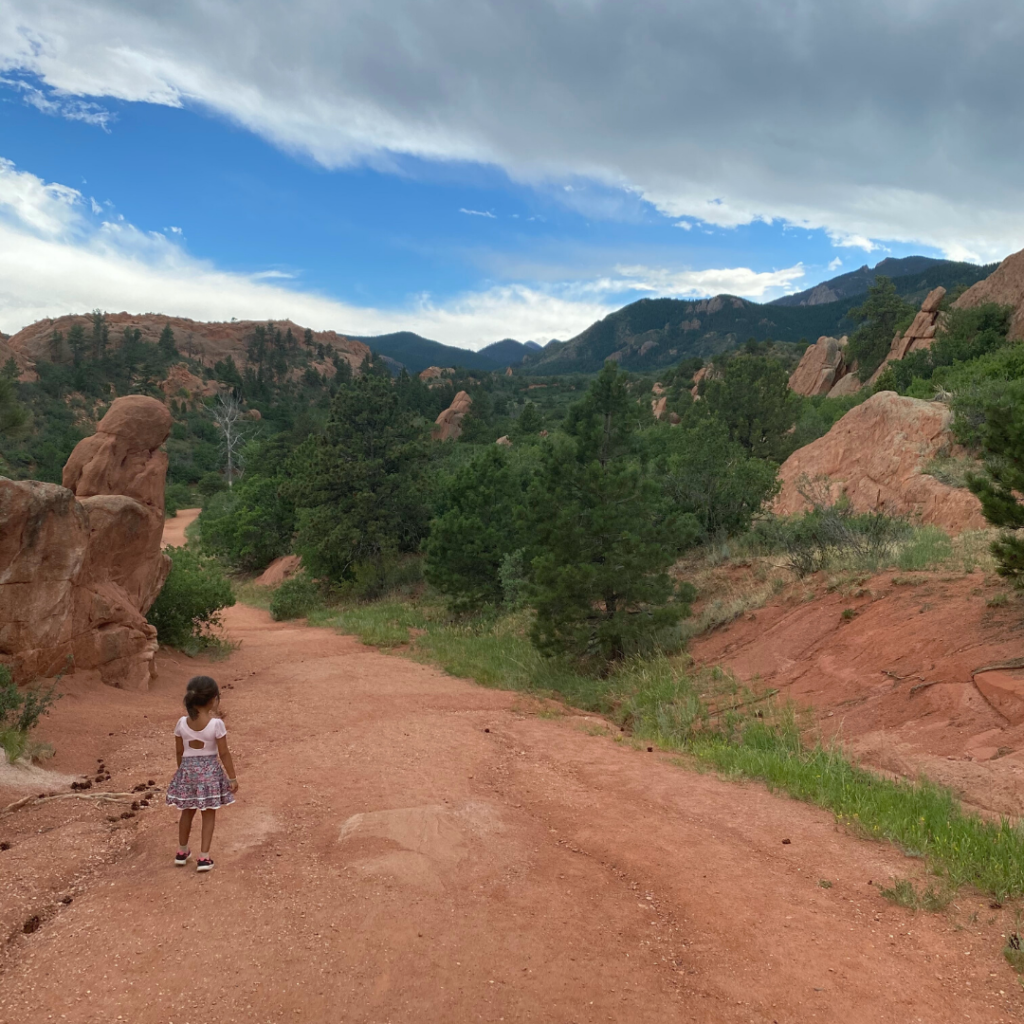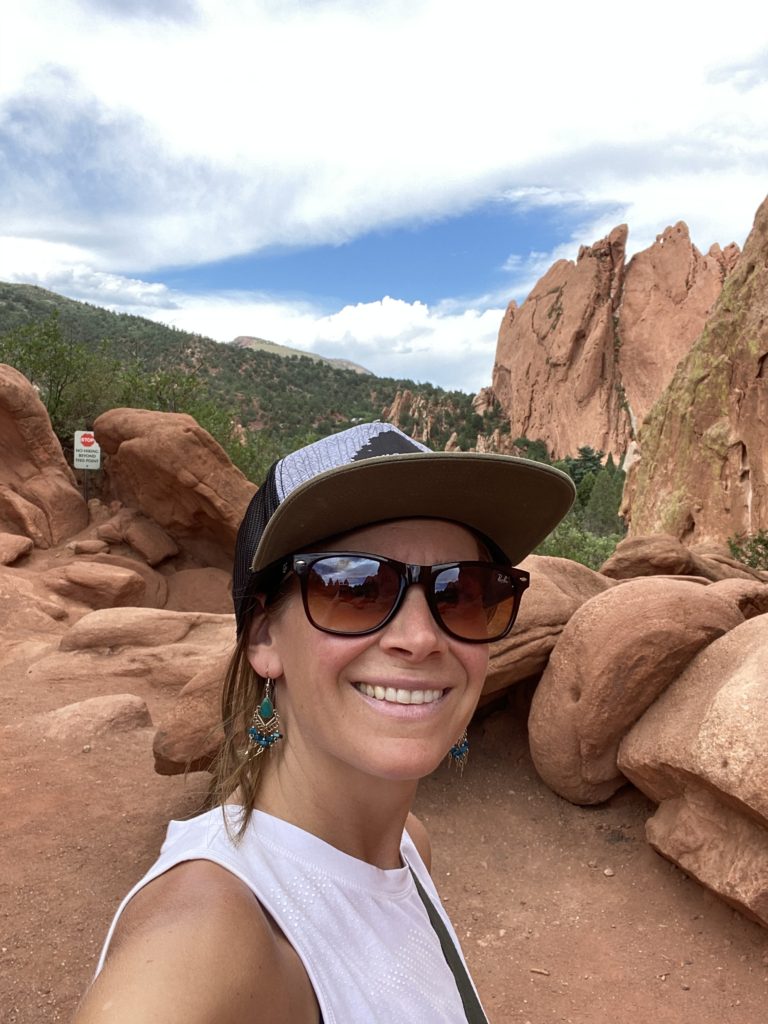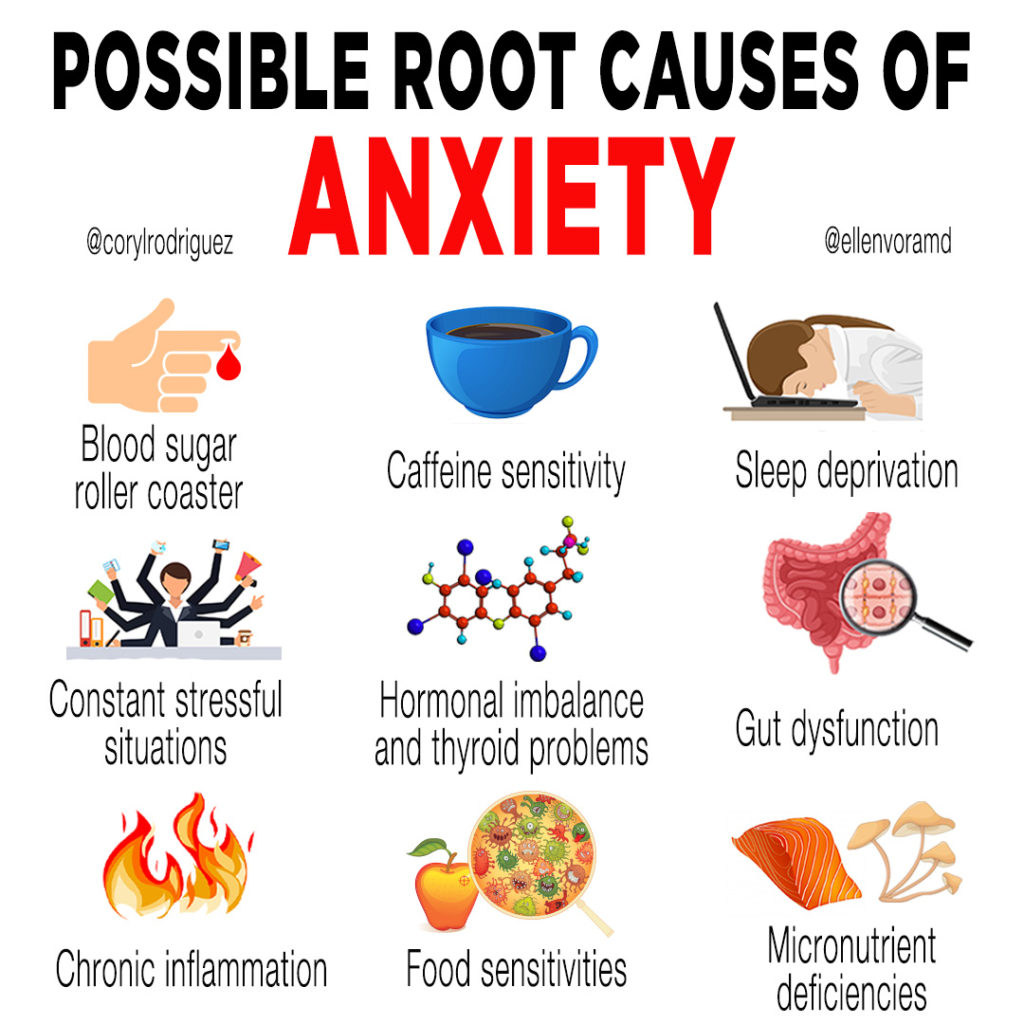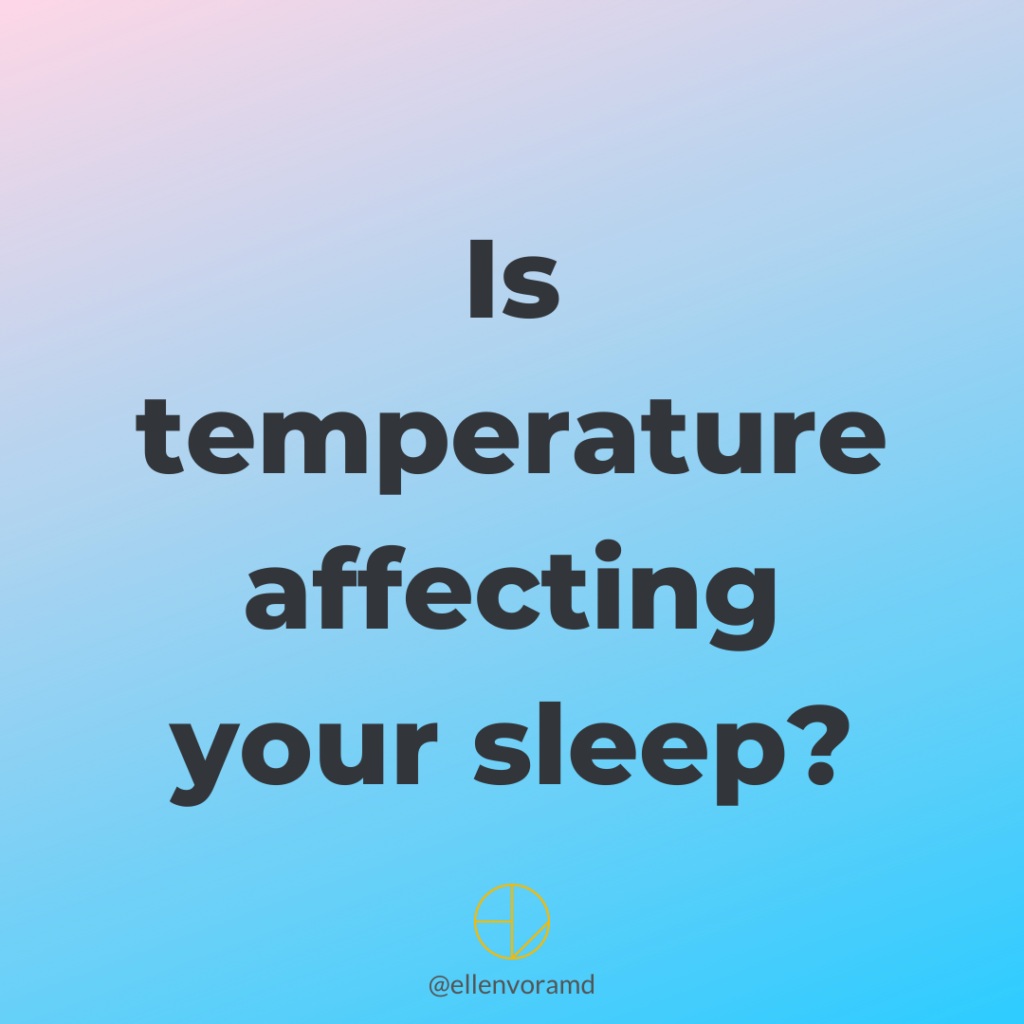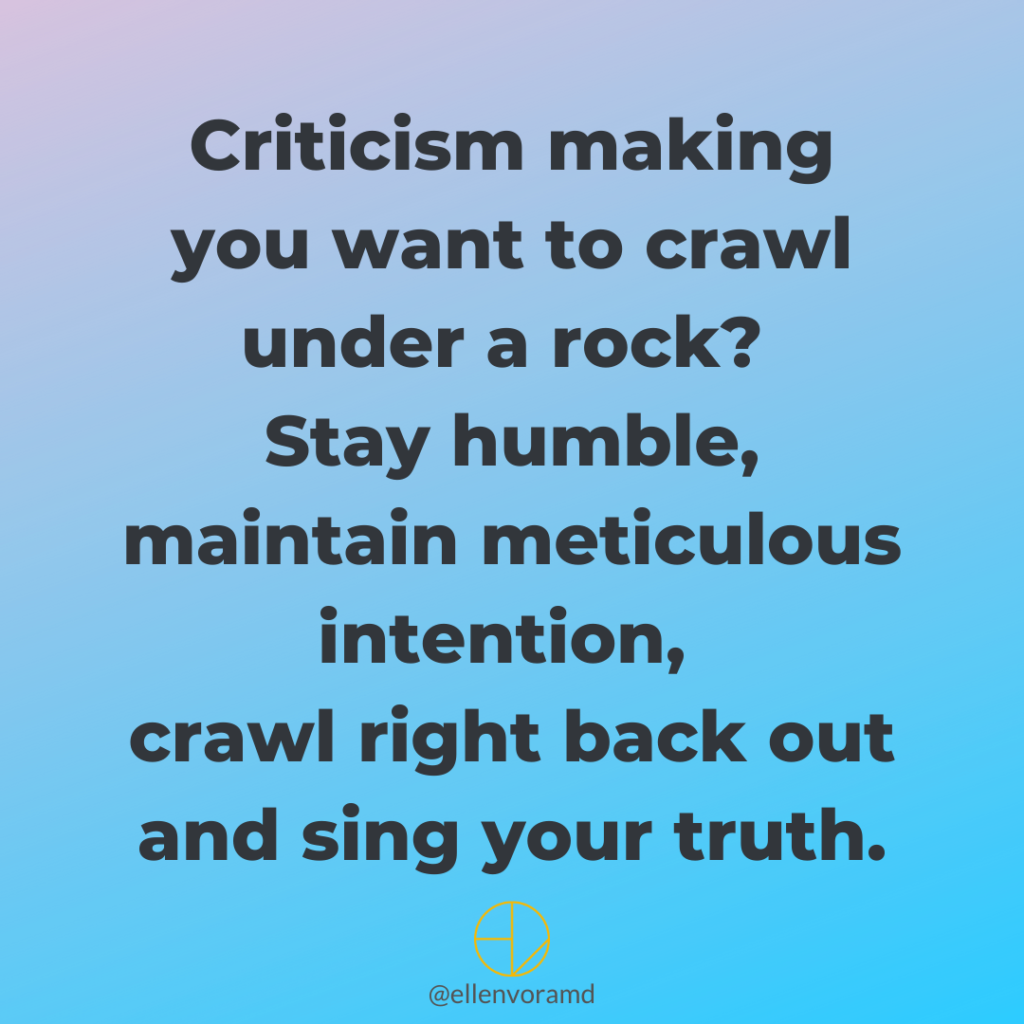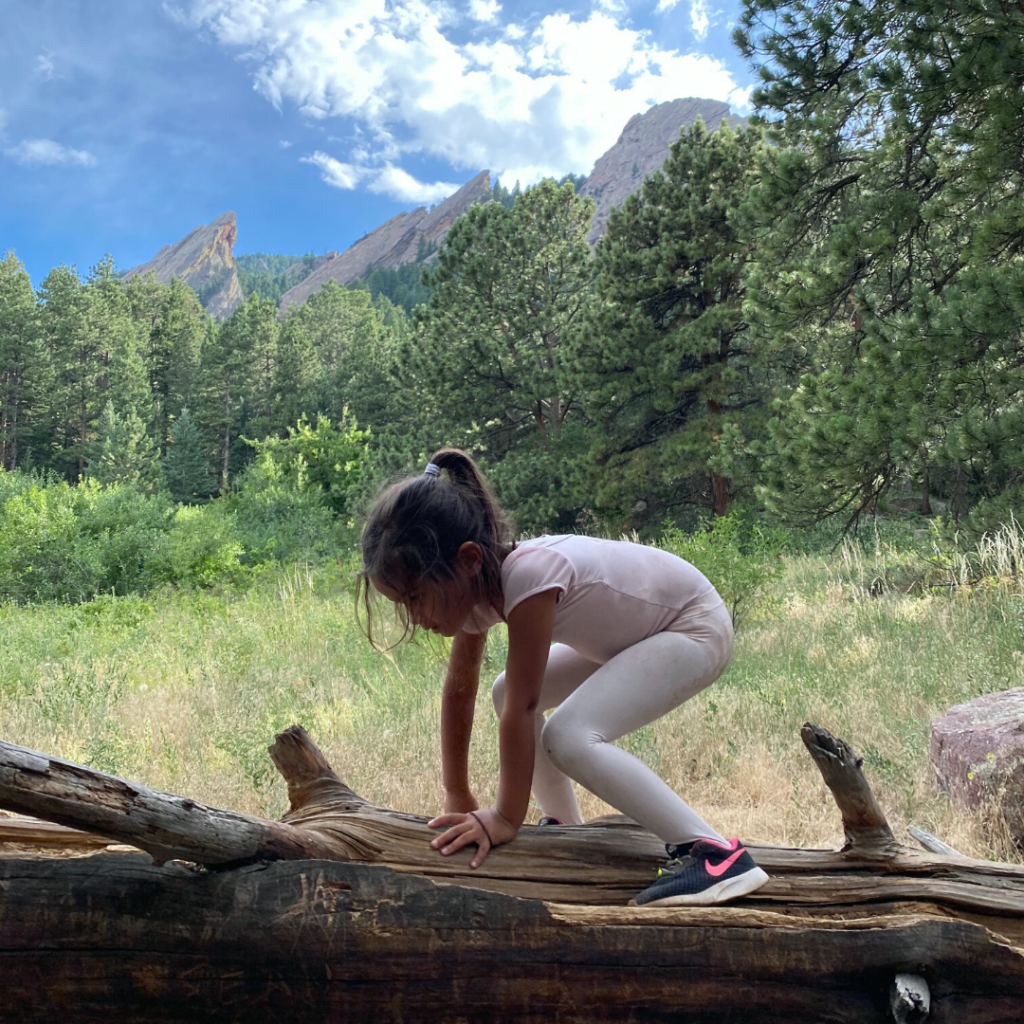
I’ve been thinking a lot about the ways we shield our children from risk, sometimes at the expense of their development and wellbeing. A little calculated risk here and there (in a controlled setting) allows kids to develop coordination and confidence. It’s critical to their development. When we rescue them from every risky situation, they miss the chance to develop resourcefulness and a sense of self-efficacy. We can only shield our children so long, and then the world steps in, with very real risk. Perhaps it’s best to let them have a little experience of calculated risk here and there throughout childhood. This way, when they take on the world as adults, rather than crumpling at the first obstacle, they tap into a deep reservoir of knowing, in the words of Glennon Doyle, “we can do hard things.”
